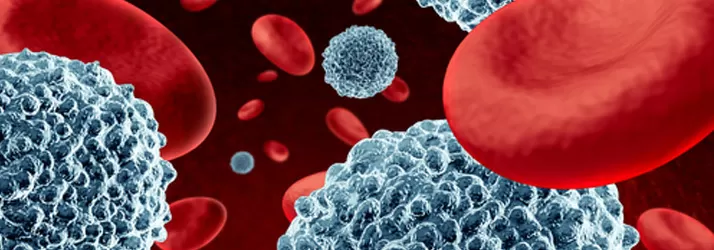Blood Glucose Dysregulation IN Mandan ND

If you have a family history of diabetes or you simply want to stay proactive with your health, you visit your doctor for regular diabetes testing in Mandan ND. The test your doctor runs is accurate, but is it complete? Why is it that despite better and better screening technology, more people are developing diabetes every year? Why is it that once a person is prediabetic or diabetic, they typically only get worse?
WHAT’s MISSING in your diabetes testing in Mandan ND?
What’s missing in your approach to your health? At your standard screening, the doctor will test your blood Glucose levels and maybe, if you are lucky, your Hemoglobin A1c. This shows your average blood sugar level over a 2-3 month period and tells the doctor how well the body is regulating blood sugar in relation to a normal level. The recommendation is a fasting blood sugar level of 75-85, with the lowest possible A1c or at least below 5.5.
This narrow testing of blood sugar levels gives you very important information that is VERY incomplete. It fails to provide perhaps the most important piece of the puzzle: WHY your results are what they are. You need more information. What about insulin levels? Leptin? C-Peptide? Proinsulin? Fructosamine? HOMA-IR? In order to get a complete look at blood sugar, each of the following sugar metabolism categories must be tested.
- Homeostasis – normal function
- Insulin Resistance – Insulin receptors become desensitized so more and more insulin is required for normal function
- Metabolic Syndrome – This is when the metabolic process (how we break down food) stops working properly.
- Prediabetes – Everything is elevated but has not yet reached diabetes levels.
- Type 2 Diabetes – Sugar and insulin are elevated and no longer have control of blood sugar even though the pancreas is working overtime.
- Hyperinsulinemia – Insulin and blood sugar levels are elevated even higher than type 2 diabetes levels.
- Autoimmune Type 1 Diabetes – This develops when the immune system begins destroying the pancreas.
- Anti-GAD Type 1 Diabetes – The body can no longer produce the neuro-transmitters needed to protect the pancreas.
- Pancreatic Fatigue – this is a form of non-autoimmune type 1 diabetes. It happens when the pancreas can no longer produce as much insulin because it has been working too hard for too long.
- Type 3 Diabetes – Too much sugar consumption causes “rusting” of the brain and leads to Alzheimer’s/Dementia
Inflammatory markers -- All types of diabetes and prediabetes have an Inflammatory component. If foods you eat are creating inflammation, it can be worsening the processes in your body.
Considering you’ve likely never heard of most of the levels in this list, how complete do you feel traditional diabetes testing is? Why do traditional doctors not test these aspects of blood sugar and metabolism? Simple: Glucose levels are easily manipulated by medication, thereby making the remainder of the picture irrelevant. But is it? What happens when the medication doesn’t control Glucose levels anymore? You know the answer to that. More medications. More health problems. Worsening prognosis. Likely more weight gain. Fatigue. Joint pain. The list goes on and on.
How does the cycle get broken? The first step to returning the body to normal metabolic function always remains the same…PROPER and COMPLETE TESTING!!! Then, support the body’s own healing mechanisms to help return the body to homeostasis and, if possible, naturally reverse the process happening inside you.
Monday
8:30am - 6:00pm
Tuesday
11:00am - 2:00pm
Wednesday
8:30am - 6:00pm
Thursday
8:30am - 6:00pm
Friday
8:30am - 2:00pm
Saturday & Sunday
Closed
180 Health Solutions
2008 Twin City Dr
Mandan, ND 58554
P: (701) 214-6818
F: (701) 425-0413



